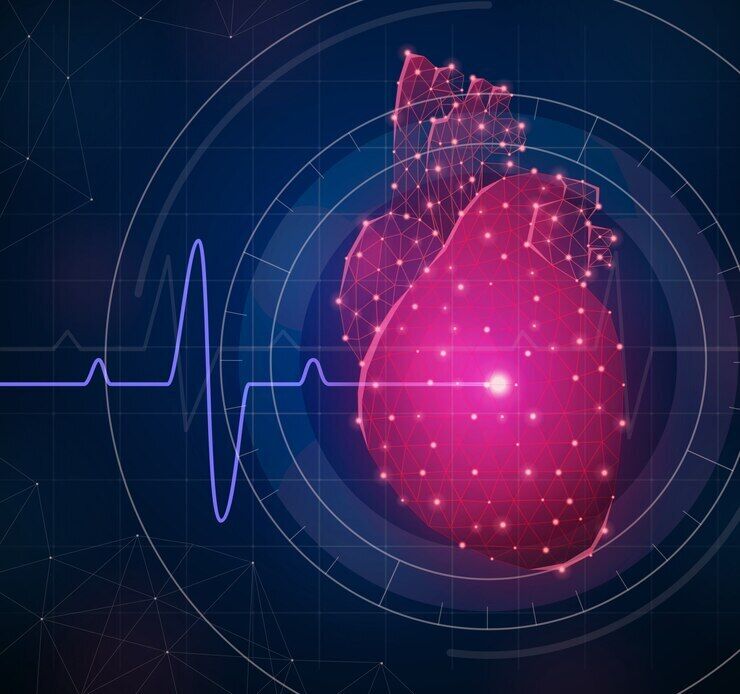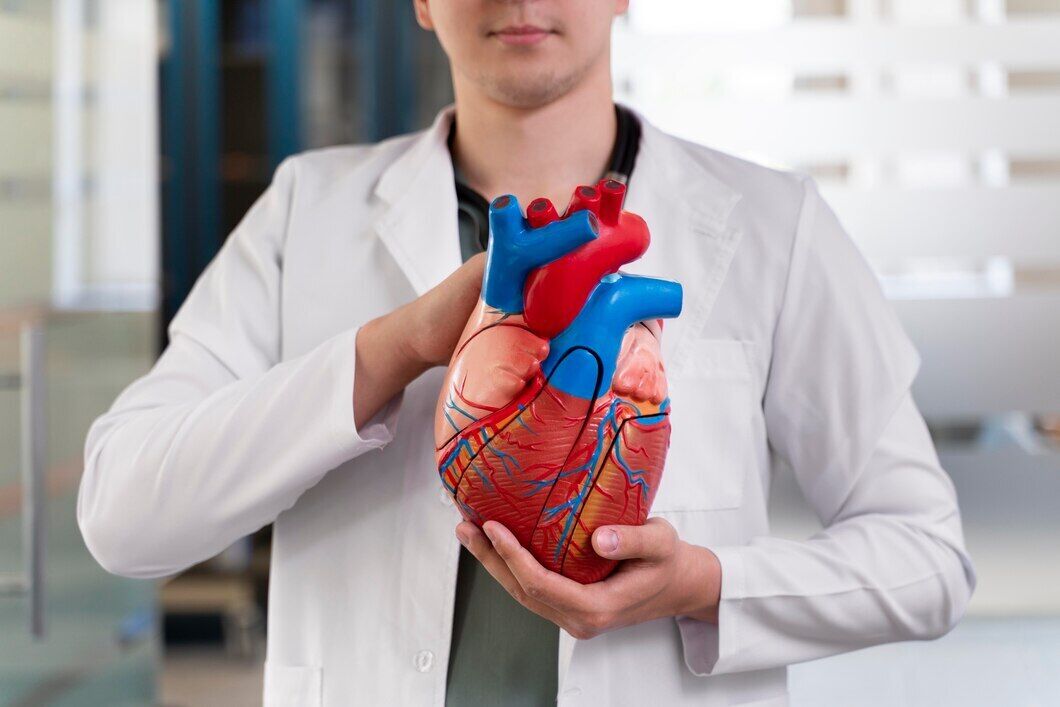News
Scientists have found a "mini-brain" in the heart: the discovery may be a breakthrough in the treatment of arrhythmia
In a new study, scientists have found a "mini-brain" in the heart. Experts believe that this discovery could be a breakthrough in the treatment of arrhythmias.
For decades, scientists have believed that the intracardiac nervous system (IcNS) is simply a relay station that transmits signals from the brain to the heart muscle. A new study conducted by researchers from the Karolinska Institute in Sweden and Columbia University in New York shows that the IcNS is more like a local control center capable of processing information and even generating rhythmic patterns on its own, StudyFinds reports.
Research on fish
Scientists have made a new discovery using danio fish. The hearts of these fish are very similar to human hearts in terms of frequency, electrical characteristics, and basic structure. Just like humans, the danio heart has four chambers and requires precise coordination between different types of cells to maintain proper functioning, scientists say.
Complex nervous system of the heart
The most intriguing discovery for the scientists was a subgroup of neurons that demonstrate "pacemaker-like" properties. "We were surprised to see how complex the heart's nervous system is," said lead author Konstantinos Ampatzis.
To understand how these neurons affect heart function, the researchers developed an innovative experimental approach. The new technique revealed four different types of neurons with different activation patterns, from single spikes to rhythmic bursts of activity, the scientists noted.
When the researchers manipulated these neurons, they could directly influence the heart rate. The study demonstrated that the IcNS is actively involved in the control of cardiac function, not just transmitting signals from the brain.
"This 'little brain' plays a key role in maintaining and controlling the heartbeat, just as the brain regulates rhythmic functions such as movement and breathing," explained Dr. Ampatzis.
Treatment
According to the researchers, this study opens up new possibilities for the treatment of heart disease. "We aim to identify new therapeutic targets by investigating how malfunctions in the heart's neural network contribute to various heart diseases," said Konstantinos Ampatzis.
The scientists emphasize that future research will focus on how the heart's "brain" interacts with the real brain under different conditions, such as exercise, stress, and illness. For patients suffering from arrhythmias and other heart problems, this could mean more targeted and effective treatment, experts say.
Only verified information is available on the OBOZ.UA Telegram channel and Viber. Do not fall for fakes!






























